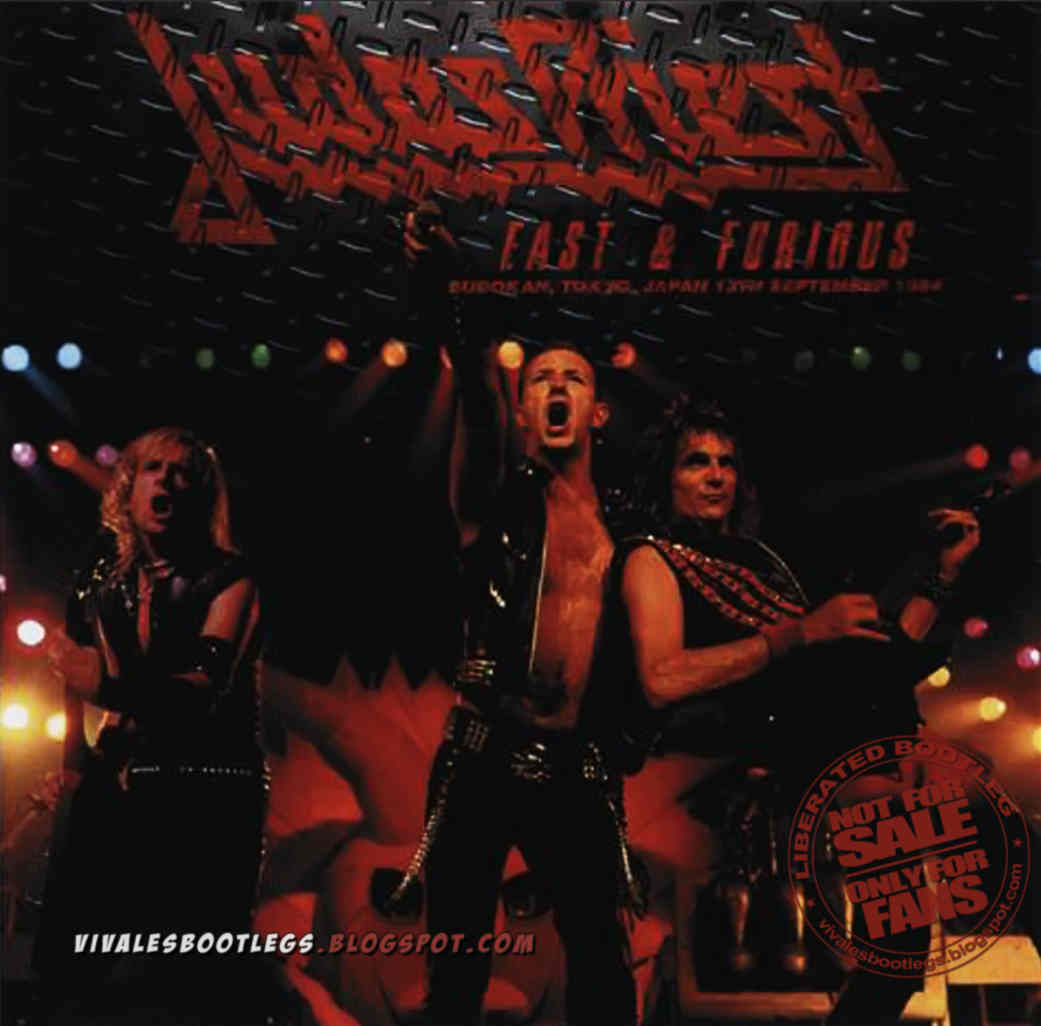Philosophy of language is the study of how languages were created and are used. In continental philosophy, it is not treated as a subject by itself, but Ludwig Wittgenstein and other analytic philosophers placed particular stress on it. Like all philosophies, there are some central questions that are. An extended encyclopedia article discussing Chinese theory of language especially in the Later Mohists, Gongsun Long, Hui Shi, and Zhuangzi. Philosophy 80 and some background in logic Course Description: This course is designed to be a survey of the seminal articles of 20th century analytic philosophy of language. Frege: Philosophy of Language, Second Edition [Michael Dummett on Amazon. FREE shipping on qualifying offers. No one has figured more prominently in the study of German philosopher Gottlob Frege than Michael Dummett. This highly acclaimed book is a major contribution to the philosophy of language as well as a systematic interpretation of Frege Philosophy of Language is the reasoned inquiry into the origins of language, the nature of meaning, the usage and cognition of language, and the relationship between language and reality. It overlaps to some extent with the study of Epistemology, Logic, Philosophy of Mind and other fields (including. Philosophy of language: Philosophy of language, philosophical investigation of the nature of language; the relations between language, language users, and the world; and the concepts with which language is described and analyzed, both in everyday speech and in scientific linguistic studies. Because its investigations are We're a community of philosophers of language centered in New York City. We have a meeting each week at which a speaker presents a piece of their own work relating to the philosophy of language. Philosophy of Language on the Academic Oxford University Press website This course is an introduction to the philosophy of language. It examines different views on the nature of meaning, truth and reference, with special focus on the problem of understanding how linguistic communication works. This course is an introduction to the philosophy of language. Philosophy of language concerns quite a large number of topics, including meaning, truth, content, reference, the syntax and semantics of various linguistic constructions, the nature and role of presupposition in communicative interchange, speech acts, figurative uses of language. Philosophy and Modern Languages brings together some of the most important approaches to understanding language, literature and ideas. The philosophy of language is a broad term that can describe the way different aspects of philosophy relate to language, the way language is considered in human thought or the way it is conceived. Philosophy of language Russells theory of descriptions: The power of Freges logic to dispel philosophical problems was immediately recognized. Consider, for instance, the hoary problem of nonbeing. In the novel Through the LookingGlass by Lewis Carroll, the messenger says he passed nobody on the road, and he is met with the observation, Nobody walks slower than you. Philosophy of Language has 12 ratings and 1 review. Mina said: Unnecessarily verbose, lazily imprecise, annoying me to no end. May the author analyze po Philosophy of Language (G4481, Fall 1997) Achille C. Varzi 717 Philosophy Hall; phone: ; email: av72@columbia. edu General Outline This course aims to provide an introduction to some major topics and issues in contemporary phi John Searle Philosophy of Language, lecture 1 UCBerkeley Philosophy 133, Fall 2010 MP3s of the entire course. Philosophy for Beginners Philosophy has been studied for thousands of years. It involves the use of reason and argument to search for the truth about reality about the nature of things, ethics, aesthetics, language, the mind, God and everything else. Philosophy of language is concerned with four central problems: the nature of meaning, language use, language cognition, and the relationship between language and reality. For continental philosophers, however, the philosophy of language tends to be dealt with, not as a separate topic, but as a part of logic (see the section Language and continental philosophy below). Buy Philosophy of Language: A Contemporary Introduction (Routledge Contemporary Introductions to Philosophy) 2 by William G Lycan, William G. Lycan (ISBN: ) from Amazon's Book Store. Everyday low prices and free delivery on eligible orders. Helping you include authors from underrepresented groups in your teaching The Philosophy of Language, Sixth Edition, is an excellent introduction to such fundamental questions. How is linguistic communication possible? What is the nature of language? What is the relationship between language and the world? Suitable for anyone curious about puzzles in the philosophy of language or who are having difficulty understanding the classic articles in the philosophy of language. Suitable for the philosophically curious layperson or amateur philosopher. This course explores the nature of meaning and truth, and their bearing on the use of language in communication. No knowledge of logic or linguistics is presupposed. View Pragmatics, Philosophy of Language and communication Research Papers on Academia. the philosophy of language, from Frege up to 2010. You might nd the genre somewhat peculiar, but the book is in keeping with the series it belongs to, edited by Soames him The Philosophy of Language, Sixth Edition, is an excellent introduction to such fundamental questions. Incorporating insights from new coeditor David Sosa, the sixth edition collects fortyeight of the most important articles in the field, making it the most uptodate and comprehensive volume on the subject. Contents Acknowledgments ix Introduction 1 PART ONE: A Century of Work in the Philosophy of Language CHAPTER ONE The Logical Study of Language 7 1. 1 Gottlob FregeOrigins of the Modern Enterprise7 1. 11 Foundations of Philosophical Semantics 7 Philosophy of Language in Classical China Historical overview by Chad Hansen of interpretations of language in the major schools of philosophical thought in classical China (up to the Han dynasty). Philosophy of Language, World Congress Papers Proceedings of the 20th World Congress of Philosophy, held at Boston University in 1998. Kate Ritchie explores the connection between language and meaning. This video introduces two ways in which philosophers have answered the question 'what make The Paideia Project: Proceedings of the 20th World Congress of Philosophy. Archive of contributed papers in the subject area of Philosophy of Language. Philosophy of linguistics is the philosophy of science as applied to linguistics. This differentiates it sharply from the philosophy of language, traditionally concerned with matters of meaning and reference. Volosinov's important work, first published in Russian in 1929, had to wait a generation for recognition. This first paperback edition of the English translation will be capital for literary theorists, philosophers, linguists, psychologists, and many others. Volosinov is out to undo the old disciplinary boundaries between linguistics, rhetoric, and poetics in order to construct a new. Philosophy of Language provides students with an accessible yet detailed introduction to the major issues and thinkers in the subject. Ideal for use on undergraduate courses, but also of value for postgraduate students, the structure and content of this textbook closely reflect the way the philosophy of language is taught and studied. Of course, the philosophy of language is a deep and multifaceted field. Some of the major subtopics within the philosophy of language have to do with meaning, intention, learning, and structure. The Philosophy of Language MA is for students with a particular interest in the ways that philosophy's principles and teachings can be applied to language. Philosophy of Language is organised around general questions of language and meaning. The nature of language has long been an obsession of philosophers, more recently it has also become the focus of empirical investigation in linguistics. This is a volume of original essays on key aspects of John Searle's philosophy of language. It examines Searle's work in relation to current issues of central significance, including internalism versus externalism about mental and linguistic content, truthconditional versus nontruthconditional. This course is an introduction to the philosophy of language. Philosophy of language concerns quite a large number of topics, including meaning, truth, content, reference, the syntax and semantics of. Philosophy of Language: Questions and Answers. Given the profoundly nuanced thought with which the philosophers below address the complexities inherent in language, these short answers may not be complete, or completely accurate. Philosophy of language is the branch of philosophy that studies language. Its primary concerns include the nature of linguistic meaning, reference, language use, language learning and creation, language understanding, truth, thought and experience (to the extent that both are linguistic), communication, interpretation, and translation. Tibetan Epistemology and Philosophy of Language First published Wed Feb 2, 2011; substantive revision Wed Mar 11, 2015 The birth of the Tibetan epistemological tradition (Tib. Books shelved as Philosophical Investigations by Ludwig Wittgenstein, Naming and Necessity by Saul A. The Cratylus is Plato's principal discussion of language, and has generated immense interpretive controversy. This thesis offers a new interpretation of the Cratylus, starting from the idea that it is essentially a normative enquiry, to be interpreted alongside Plato's ethical and political works. Philosophy of language is the reasoned inquiry into the nature, origins, and usage of language. As a topic, the philosophy of language for Analytic Philosophers is concerned with four central problems: the nature of meaning, language use, language cognition, and the relationship between language and reality. Philosophy of language is the reasoned inquiry into the nature, origins, and usage of language. As a topic, the philosophy of language for Analytic Philosophers has been concerned with four central problems: the nature of meaning, language use, language cognition, and the relationship between. An introduction to philosophy of language through systematic and accessible explanations of ten classic texts by such thinkers as Frege, Kripke, Russell, and Putnam. The philosophy of language is an intimidating field, even to people who know a lot about language: filled with abstruse distinctions. Philosophy of Language Those who use the term philosophy of language typically use it to refer to work within the field of AngloAmerican analytical philosophy and its roots in German and Austrian philosophy of the early twentieth century. Summary Philosophy of language refers to an area of philosophy concerned with the syntactic properties as well as the meaning and reference of linguistic expressions, the things implied or indicated by linguistic expressions and the attributes of linguistic expressions as a function of linguistic and conversational contexts. 31 Language, philosophy of 165 32 Language, Renaissance philosophy of 169 33 Language, social nature of 174.











